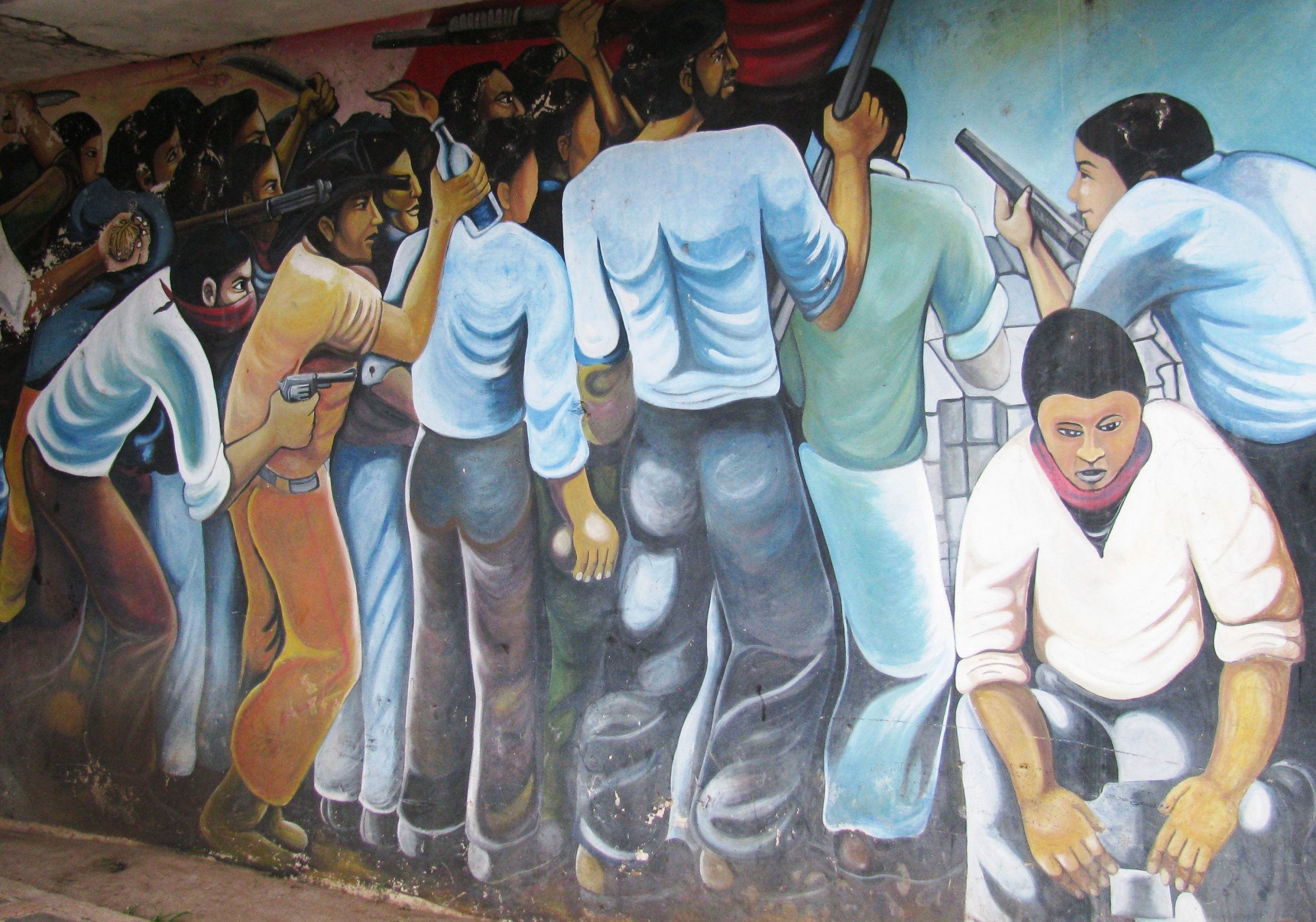When the Rebels Win: State Power and Public Interests after Civil Wars
Kai Thaler
Global Studies
UC Santa Barbara
Since 1945, rebel victories have led to divergent statebuilding outcomes ranging from the pursuit and development of powerful, transformative central states in China, Cuba, and Ethiopia to the emergence of weak, shell-like states in Chad, Kosovo, and Liberia. Why do some victorious rebels invest in building the state, shifting national culture, and providing goods for the many, reshaping society, while other rebels prioritize private enrichment and power for the few? I take an approach centered on human agency and ideas. I argue that rebel leaders build their organizations around ideals and goals for an imagined post-victory future—either more transformative and inclusive or more self-interested and exclusive—shaping how they recruit and socialize members within the group and the rebels’ patterns of interaction with civilian communities. These internal institutions, practices, and cultures create, shape, and constrain the patterns of statebuilding and social relations that groups pursue after taking power. I illustrate my theory’s real-world applicability through fieldwork-based case studies of the Frente Sandinista de Liberación Nacional (FSLN) in Nicaragua, the National Patriotic Front of Liberia (NPFL), and the National Resistance Army/Movement (NRA/M) in Uganda, as well as additional comparative cases.

